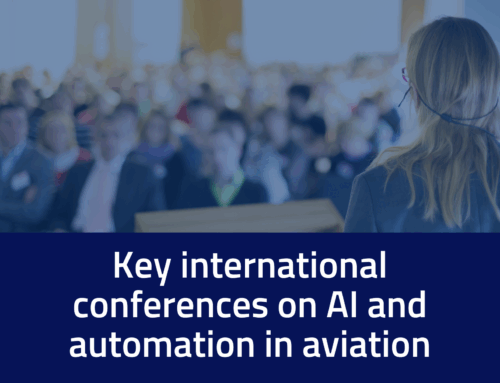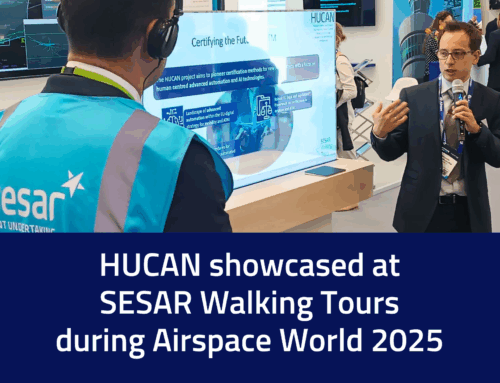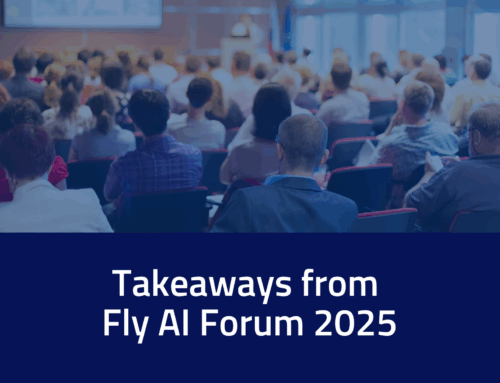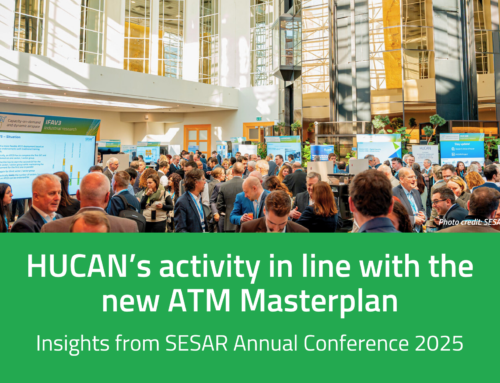Gabriella Gigante (CIRA) representing the HUCAN project, took the spotlight at the recent Fly AI Forum held in Brussels on April 29th and 30th, 2024. The evetn emerges as a important platform for advancing discourse on AI in aviation, with implications that resonate with the objectives and aspirations of the HUCAN project. As the aviation industry continues to navigate the intersection of human expertise and AI innovation, collaborative efforts and informed discussions remain paramount in shaping its future trajectory.
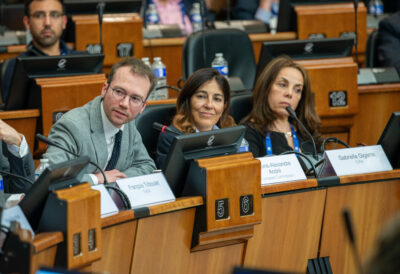

The forum delved into various facets of AI in aviation, ranging from human-AI teaming to regulatory frameworks and exploratory research. Attendees explored applications of AI in air traffic management (ATM) networks and transversal areas of AI, shedding light on its multifaceted role in shaping the future of aviation.
One of the salient discussions revolved around human-AI teaming, emphasizing the importance of integrating human factors into AI methodologies. This aspect holds particular relevance for the HUCAN project, aligning with its holistic certification approach that prioritizes human-centric design.
Regulatory considerations also took center stage, with presentations from key entities like EASA, CENELEC, IFATCA, and EUROCAE. EASA’s rapid progress in developing regulatory frameworks for AI in aviation signals a proactive approach towards ensuring safety and efficiency in AI adoption.
The debate surrounding AI as a mere tool versus its potential transformative impact on aviation underscored the need for comprehensive impact analyses. Projects like HAIKU and TRUSTY are actively engaged in researching this aspect, aiming to provide insights into the implications of AI integration.
Reflecting on the event, Gigante expressed enthusiasm for its potential to convene stakeholders and foster dialogue on the direction of AI in aviation. The forum served as a catalyst for awareness, enabling participants to glean insights from ongoing research and align expectations with industry advancements.


